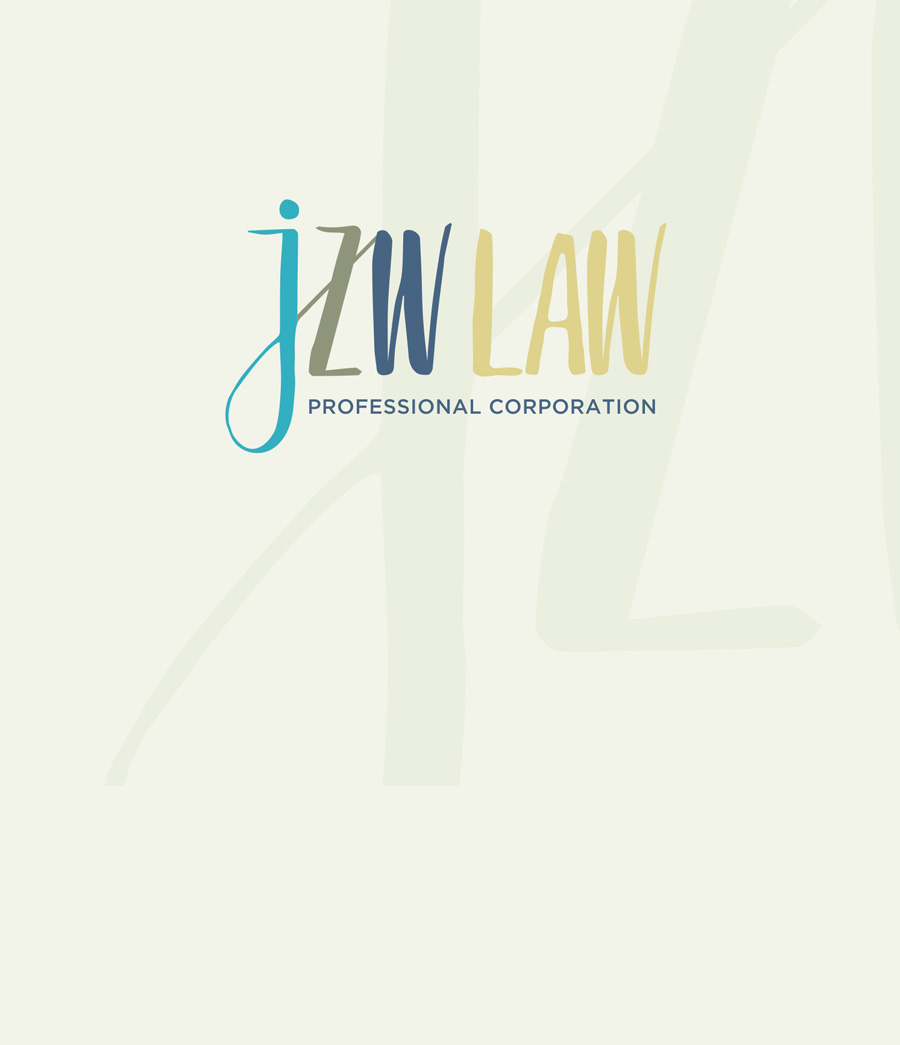
What should I look for in a Canadian divorce?
Divorce in Canada involves several legal processes and considerations. Below are some key points to help understand and prepare for the process of getting a divorce in Canada:
1. Determining the legality of divorce
Canadian law requires couples to live apart for at least one year, which is the most common reason for divorce. Other grounds include bigamy, domestic violence, or behavior that is unbearable for one of the parties.
2. Choosing the right divorce procedure
Divorce in Canada can be uncontested or contested:
- Uncontested divorce: The parties agree on issues such as division of property, child custody and alimony.
- Contested Divorce: where the spouses disagree on key issues that require court intervention to resolve.
3. Dealing with the division of property
The division of property should be done equitably and not necessarily in half. This includes the family home, investments, pensions and other community property. It is important to know the specific laws of each province, as laws vary from province to province.
4. Child custody and access
Deciding on child custody and access arrangements is one of the most sensitive parts of a divorce. Canadian law emphasizes deciding these issues based on the best interests of the child.
5. The issue of alimony
Alimony can be categorized into spousal support and child support. Spousal support depends on a number of factors, including the duration of the marriage, the financial situation of the parties and the division of roles. Child support is usually calculated according to federal alimony guidelines.
6. Legal advice
Because divorce involves complex legal issues, it is advisable to consult a family law attorney. An attorney can provide expert advice on divorce procedures, rights and obligations to help avoid future legal disputes.
7. Psychological and emotional support
Divorce is an emotionally challenging process. In addition to legal support, counseling or emotional support may be needed to deal with the psychological stress of divorce.
concluding remarks
When going through a divorce in Canada, it is important to be aware of the relevant legal requirements and procedures, and to handle property, custody and alimony issues wisely. Professional legal advice and appropriate emotional support are key factors in ensuring that the process is as smooth as possible.
We hope you find the above information helpful. Please remember that this is general legal information and does not constitute legal advice. If you need specific legal advice, please consult a professional divorce lawyer.
最新文章
标签
Asset protection
Canadian Criminal Lawyers
Canadian Divorce Lawyer
Commercial Lawyer
Division of property in divorce cases involving domestic violence
divorce lawyer
Divorce Lawyers
Divorce property division
Domestic violence divorce
Family law attorneys
High-net-worth individuals divorce
High Net Worth Divorces
marital property
Markham Chinese Law Firm
Marriage Agreement
Mississauga Chinese Law Firm
notary public
Notary Public Lawyer
Notary Public Lawyers in Toronto
Ontario Inheritance Law
prenuptial agreement
Prenuptial Agreement
Prenuptial Agreements
prenuptial property
quick divorce
Reconstituted families
remote notarization
Remote Notarization
Separation Agreement
Toronto Business Lawyers
Toronto Chinese Lawyer
Toronto Divorce Lawyer
Toronto Family Lawyer
Toronto Hague Certification Lawyers
Toronto Lawyer
Toronto Lawyer
Toronto Probate
Uncontested divorce
Will Lawyer
公证律师
海牙公约
海牙认证

MON-FRI 9:00-17:00
647-363-5995




